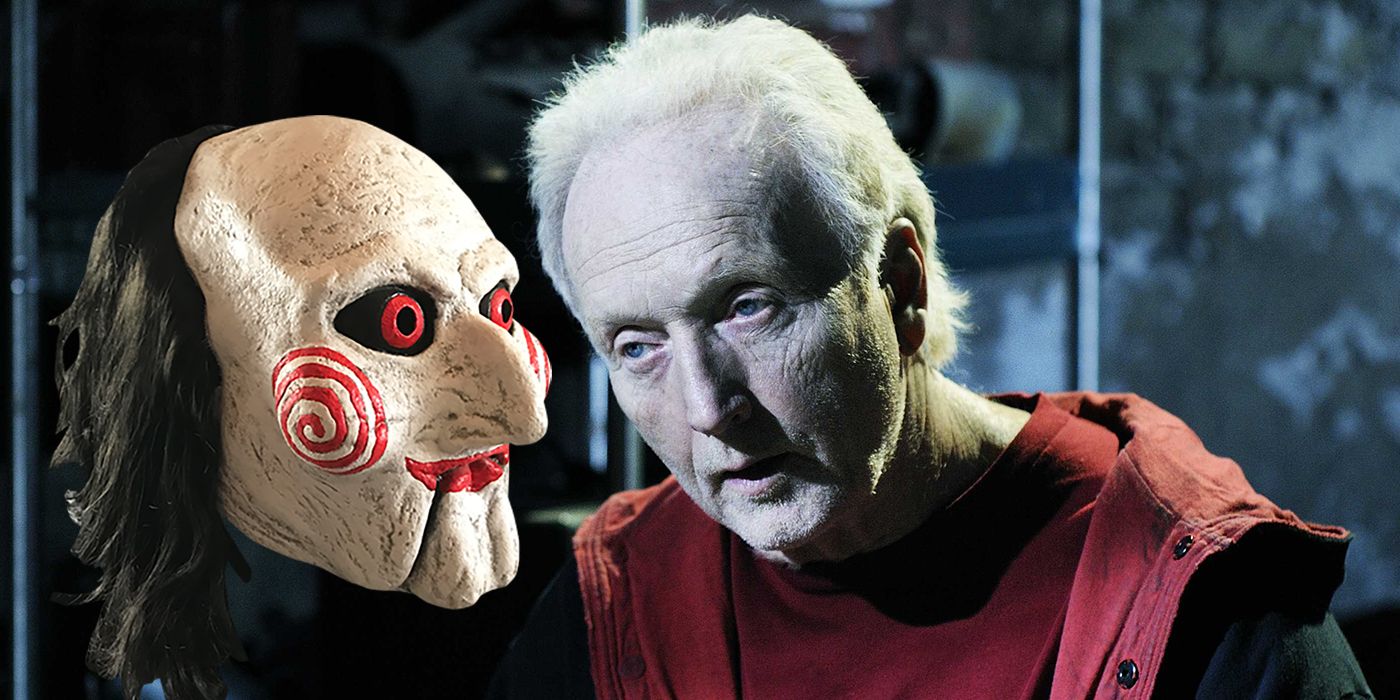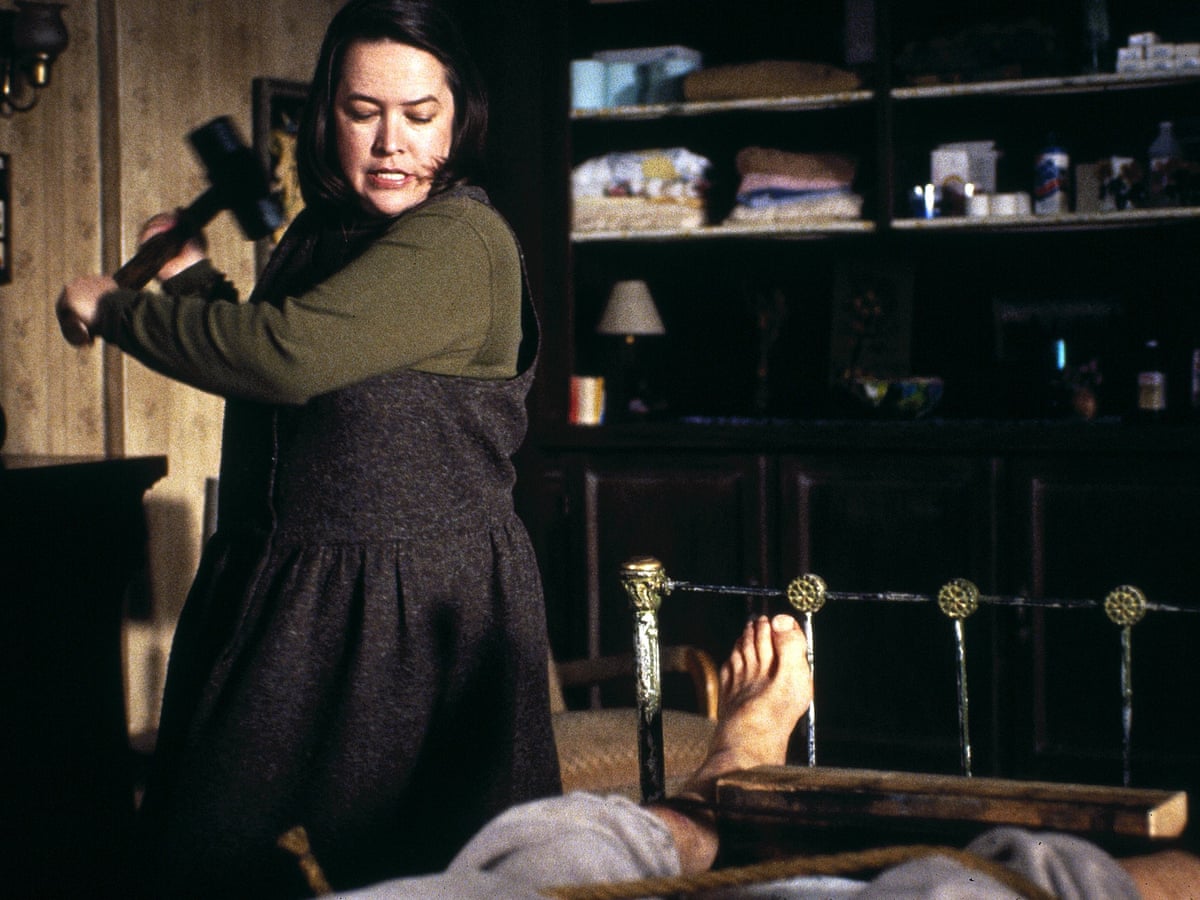Why do people like villains anyways?
Modern audiences like villains more when we are supposed to be rooting for the hero. Audience support coincides with the evolution of characters. But why this sudden jump from heroes to villains, from the good guys to the bad. I did some talking; here's what I understand.
People have always related to the hero. They relate to their struggles, their personality and the values they portray. And why shouldn't you be drawn to the hero since they set a good example?
The idea is that a villain doesn't exist anymore neither does the hero. Now words such as antagonists and protagonists are considered appropriate. Of course, I will be using both the terms throughout this post so don't feel confused when I often use "villain" instead of "the antagonist". But these terms are so between the line that they can easily take each other's place. The so-called bad guy is often the protagonist; This gives a new perspective and presents an opportunity for character study.

Hannibal, a smart and manipulative cannibal and "They don't have a name for what he is yet".
Back to villains, evil people who drive the hero in most plots have evolved into the antagonist. The villain is most of the time an antagonist, but an antagonist is not always the villain. Every good story needs an opposition, a group or a person that works against the protagonist creating the beauty that is conflict. There is no good story without any conflict.
The perfect villain. What is the perfect villain? Everyone has an opinion on it. But they all agree that the villain should be compelling and be impactful and more than often should challenge the hero. A villain who is confident in his abilities and driven to achieve his/her goals are effective antagonists.
| Magneto: Idealistic, driven and interesting |
Relatability is an advantage while creating characters; as readers, we tend to like those who more than often think like us. In a way, they are our non-existent friend. The relatability compliments their whole character as the reader becomes fascinated with the person; its fun to root for the villain. Their whole schtick is to challenge the hero and is made effective as they are merely opposites in a way.
A hero, although functional on their own, has no int if nothing is opposing them. A villain isn't just conflict; they present new ideas to the hero and emotionally challenges the hero. The hero develops as they are made better through every exchange and not only in their abilities, their morals also change for better or worse. In a way, a hero is made better by the villain.
Now, I think you may understand why villains are liked and even praised. But it goes beyond that and shows the evolution of character creation itself. A villain is more than just 'evil' now. They stand out as people with goals, personalities and, of course, motivations. The age of heroes is almost over as times change and, with it, stories.
The villain had been obscure to a point as they were always cut and dry and made them mass-producible. The villains were, most of the time, powerful crime lords or just evil. Even all the heroes were written very similarly but had personalities and were more than often underdogs. This correlated with the average person's fantasies as underdogs themselves going against an oppressive regime. But these outdated archetypes make them boring. The different perspectives given by the villains allow for new ideas to form. Thus, the need for heroes has ceased, and the need to be unique still stays.

Garou: Underdog, weak and has potential
Modern literature and media give villains the depth they need to be, in simple terms, a good character. And more stories have started using villains as protagonists, which makes us, the audience, root for them. The villains are sympathetic and, in some cases, have become underdogs themselves. Their motives have evolved from being power-hungry to a thirst for vengeance, recognition and even beyond. Villains also portray us in a way with factors such as insecurities and certain respectability. And with this attachment to the character, we can understand why they do what they do and the reason for their driven nature.

John Kramer aka The Jigsaw Killer, a ridiculously overpowered villain who always won.
With that, I want to conclude that liking a villain goes beyond the villains itself. It begs us to ask why we like any fictional character. It is a bond made through the experience we share watching and reading about the person.



Comments
Post a Comment
Say your piece